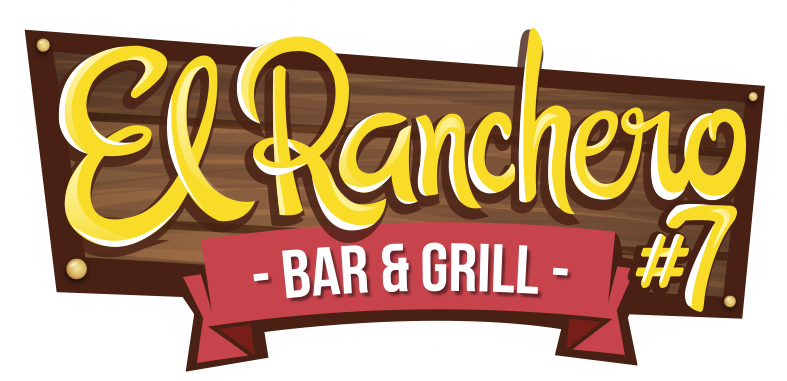100% funding mortgages for New and recurring homebuyers
100% financing home loans tend to be mortgage loans that financing the whole cost of property, reducing the necessity for a deposit. Unique and duplicate home buyers meet the requirements for 100% funding through nationwide government-sponsored training.
Would 100per cent financial loans occur in 2021?
Never believed you can get a house due to tough down-payment needs? Well, some home loan choices are readily available that allow you to financing 100percent regarding the cost.
Many first-time homebuyers assume 100percent financial loans ceased to are present after the mortgage industry downturn later last ten years. However some zero-down home loans live and generally are nonetheless for sale in 2019.
In this post, you will see about many of these loan sort. You will probably a bit surpised as possible however purchase a home with little or no money out of your own pouch.
The Reason Why Lenders Nevertheless Offering 100% Debts
Many new homebuyers question the reason why many forms of financing need a down-payment. Why can not the bank merely financing 100percent of the house’s price?
After many respected reports, banking companies and financing institutions has determined that the higher the advance payment on a loan, the low the probability of the debtor defaulting. Fundamentally, a customer with increased house money has most body inside game.
That’s why, years ago, the conventional deposit amount turned 20%. Such a thing below that needed some sort of insurance policies, such exclusive financial insurance policies (PMI), therefore the loan provider would get their a reimbursement if borrower did not shell out the borrowed funds back.
Luckily, discover products which is why the federal government provides insurance toward lender, even though the deposit regarding the financing are zero. These government-backed financial loans offering a zero-down payment substitute for traditional mortgage loans.
As previously mentioned here, there are numerous options, such as the USDA home loan and VA loan. Actually FHA may be a zero-down loan should you get gifts resources to cover the 3.5% advance payment (more about that below).
While FHA debts are around for just about everybody whom meet the requirements, you may need armed forces services history to be eligible for a VA mortgage and you also must be purchase in a rural or residential district place for USDA. More on eligibility aspects down the page.
Closing costs average from around 1percent to 5percent of the home’s price and can include things such as origination charge, subject outlay, plus home taxation and insurance policies that you need to prepay.
Methods for Treatment Additional Real Estate Bills
Surprise resources. You are able to obtain gift funds from a relative, not-for-profit, chapel, employer, down payment support system, or any other authorized provider. The majority of mortgage type let you utilize gifts resources to pay for settlement costs.
2nd mortgages. Whether your first mortgage does not cover enough of the initial funds demanded, you will get an additional home loan. Fannie Mae sponsors a program also known as society SecondsA® that enables one receive extra funding to cover the advance payment and closing costs from a municipality, not-for-profit, company, or any other inexpensive construction system. You’ll be able to acquire a lot more than the house will probably be worth occasionally, and make use of that higher total protect settlement costs.
Lender credit score rating. Lenders can problem a credit score rating toward closing costs should you decide a higher-than-ple, if rate are about 4.0percent, you might grab an interest rate of https://paydayloanadvance.net/payday-loans-ks/eudora/ 4.25per cent and receive thousands toward your own closing costs straight from lender.
Vendor credit. When vendors actually want to promote a property, they promote a seller credit. They use in the acquisition contract an agreement to help the buyer with settlement costs. Vendors can typically supply between 3per cent and 6% of the property’s cost to pay for the client’s costs. These funds can not be put on the down payment but may lower or overcome any have to produce closing costs.
